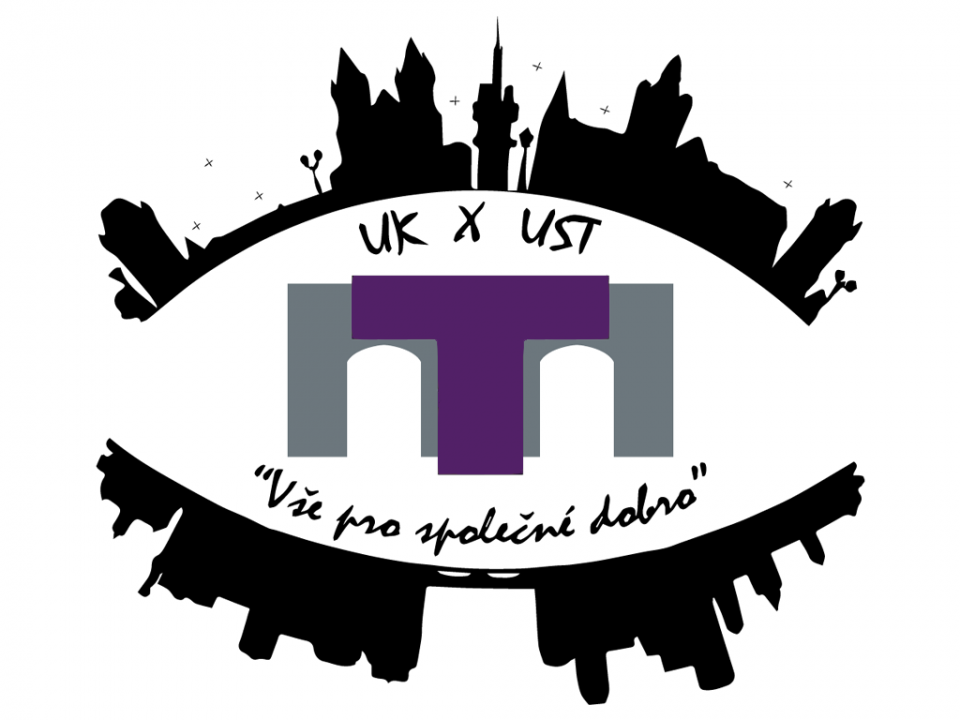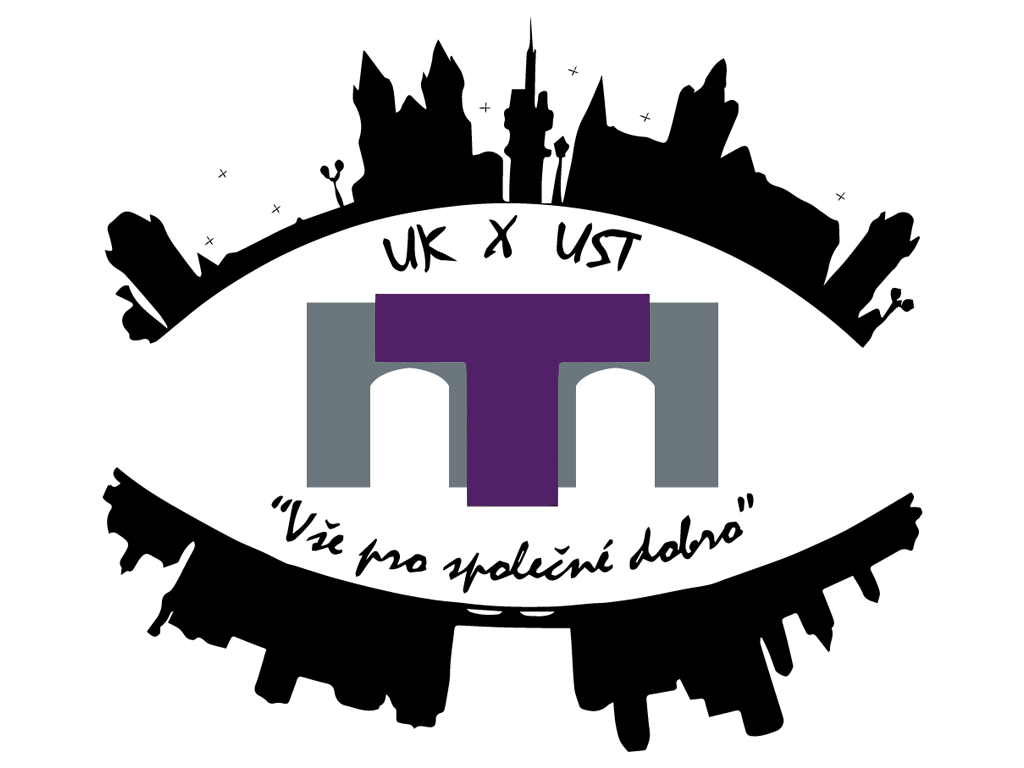
This essay was written by Filip Šourek, a graduate student in Prof. Jana Sehnálková’s class, “Major Issues in Contemporary Public Debates” in the Department of North American Studies, Faculty of Social Sciences, at Charles University in Prague, Czech Republic. Her class partnered with Dr. Mark Neuzil’s TommieMedia students to produce opinion pieces on issues of interest to Czech students. Opinions Editor Maddie Peters edited.
A 2019 survey conducted by the non-partisan research organization Public Religion Research Institute (PRRI) found that 69% of Americans are in favor of laws that protect all LGBT people from discrimination. This survey also reveals that the majority of people favoring these pro-LGBT laws is present in all fifty U.S. states. In spite of that, the U.S. federal law does not explicitly include protection against discrimination on the basis of sexual orientation or gender identity. The question that stands out: why is federal protection of LGBT Americans not a thing?
Anti-discrimination legislation has its tradition in the United States, as multiple other minority groups had to fight for their right to be taken as equal to the majority. Whether it was women, people of color or people with disabilities, all of these groups of U.S. citizens waited for the right time to request their rights and then fought for them.
The LGBT community symbolically started this fight for equality with the Stonewall riots in 1969 and have not stopped since. If the majority of Americans oppose discrimination against LGBT citizens and LGBT activist organizations actively work for anti-discrimination legislation, one must look for an explanation elsewhere than in the idea of American lawmakers listening to the people or the passivity of the community. The American society seems to be ready to offer equality to another group of people historically discriminated against for their difference. The American government seems to be the problem here.
One of the reasons for this governmental approach is its backwardness and its lack of understanding of the struggle. The administration of President Donald Trump sided with Jack Phillips, a baker from Colorado who refused to make a wedding cake for a gay couple in 2017. Philips’ argument was that making the cake would “violate his religious beliefs.” He later won the Supreme Court case based on that argument, as forcing him to make the cake would “violate his First Amendment rights.”
The conclusion stemming from this decision then seems to be that the right of a person to spread hate towards one part of the society is more important than the right of a person to be treated equally. The right to be treated equally when it comes to service, but also employment, housing or medical facilities simply does not seem to be important enough for the U.S. legislation at this point.
Of course, one could argue that these changes are about to come and that would probably (and hopefully) be a correct remark. But how much more time does U.S. society and the U.S. LGBT community have? Being rejected by a bakery as a customer for one’s congenial difference may for sure be hurtful, but one most probably recovers from the trauma caused by the injustice after some time. What about people’s lives though?
The National Crime Victimization Survey, a household-based survey administered by the U.S. Census Bureau, suggests that Americans experience about 204,600 hate crimes a year, while a large percentage of these hate crimes are motivated by a bias against sexual orientation and/or gender identity. At least 41 transgender or gender non-conforming people were fatally shot or killed by other violent means within the first ten months of 2020. These numbers very well represent the fact that LGBT people sadly are in real need of protection against hate crime.
The United States does not provide this needed protection. Although all hate crimes based on sexual orientation or gender identity are punishable by federal law under Matthew Shepard and James Byrd, Jr. Hate Crime Prevention Act of 2009, many states lack state-level legislation protecting LGBT people against such violent crimes.
One can get legally married to the person of same sex, but cannot be sure that people who may physically hurt them and their partners would be punished for their crimes.
What complicates the situation even further is so called ‘gay panic defense,’ an often-used justification of criminal conducts (including murders) against LGBT people. To give an example of this barbaric defense tactic in use, the well-known case of Daniel Spencer is to be mentioned.
Spencer, a guitarist, invited another musician, James Miller, into his Austin apartment in 2015 to play music together. Later that night, Miller stabbed Spencer four times, killing him. The defense attorney argued three years later at the trial that since Miller had never been in trouble with the police before, the only thing explaining the murder is that Daniel Spencer tried to sexually assault him. The ‘gay panic defense’ was successful in this case and Miller was punished for the murder with six-months jail term. Six-months jail term for murder! That is the state of the protection of 4.5% of American society (or approximately 15 million U.S. citizens) by their government.
On the one hand, the United States takes pride in being a modern democratic country, inspiring the international community, while on the other hand is not able to and (possibly) not willing to protect one part of its citizens, who are being systematically discriminated against for their difference from the majority.
The members of the LGBT community are in danger — materially, emotionally, and physically — and the U.S. government seems to look for reasons not to change their situation, rather than look for reasons to do so. The LGBT rights and the security of LGBT people are nowadays integral part of Canadian or Australian legislations, while the United States still happens to wait. LGBT Americans deserve federal protection now.

